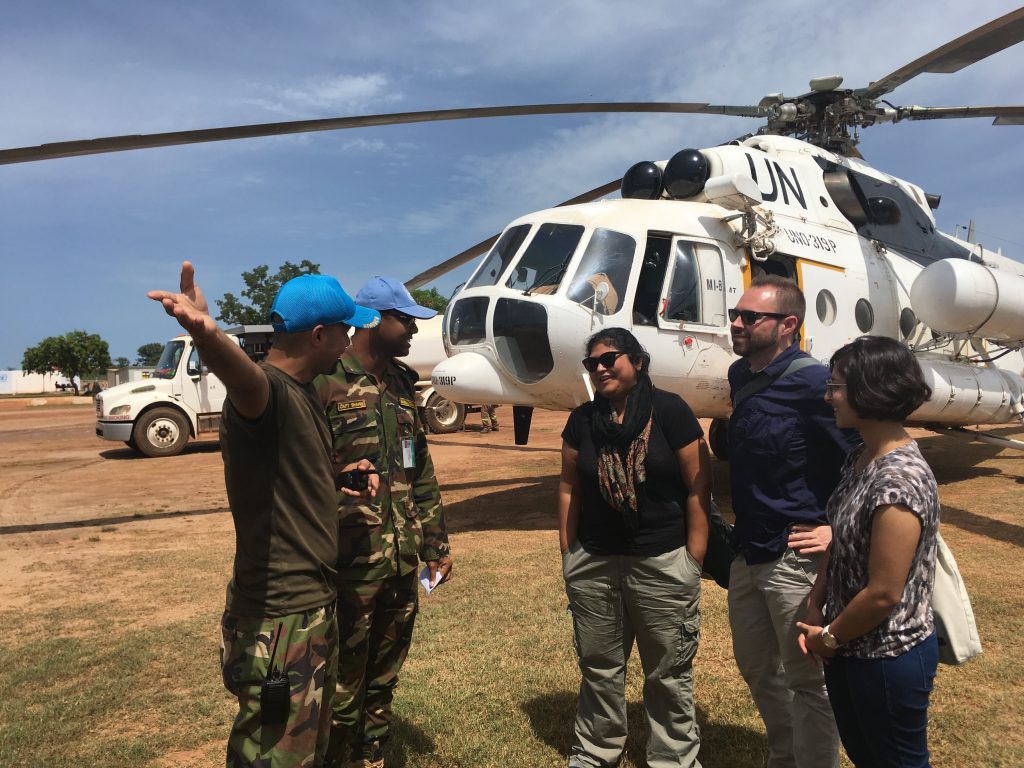When you work in a war zone, the first thing you learn is where the nearest United Nations peacekeeping base is located.
That’s what I found out when I lived in Sudan ten years ago working for a humanitarian NGO. If violence erupted, those bases could save your life.
Since then, I have always seen UN Peacekeepers as a sign of hope.
Over the last five years, I’ve traveled to six peacekeeping missions and have met men and women who volunteer to serve in some of the most dangerous and remote places on earth.
Right now, more than 100,000 UN peacekeepers are extending the hard-fought wins of diplomacy in 14 operations across the globe — whether that means building new roads in South Sudan, protecting healthcare workers as they contain the spread of Ebola in the Democratic Republic of Congo, or helping farmers like the woman I met in Mali last year; she was planting seeds in a landscape where little has flourished in the past few years except extremism and fear.
From the outside, the community garden I toured in Mali — about the size of two football fields — might seem like a minor project. But the community members I met working in this garden in the town of Gao recognized it was so much more. Jihadists in the country’s north had sent thousands of people fleeing from the area. This garden was designed to encourage residents to return home by offering food security and economic opportunity. Agriculture projects like these make villages less vulnerable to recruiting efforts by militants, who often exploit hunger and poverty to swell their ranks. The farmer I met was literally planting seeds of hope. Like so many villagers who had come back home, she wanted to see peace take hold there. The peacekeepers I met in Mali had helped returning residents like her build an irrigation system and chicken coop, acquire drought-resistant seeds and equipment, and start to rebuild what they had lost to well-armed Islamists linked to ISIS and al-Qaeda.
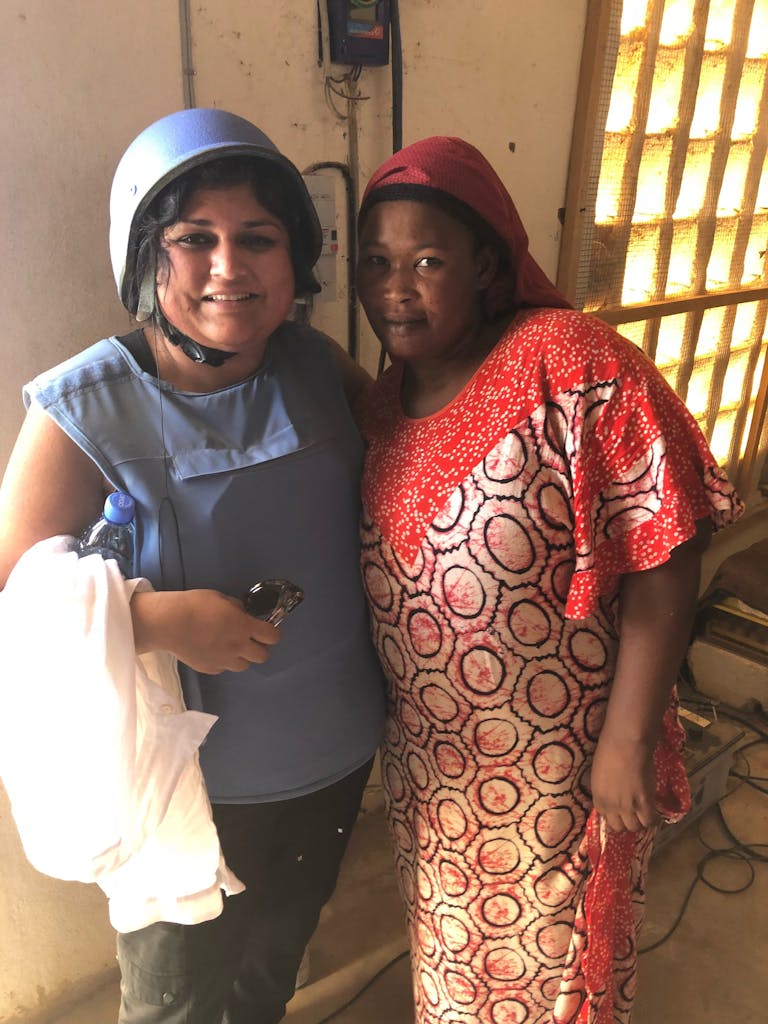
In 2013, one month before the Ebola epidemic broke out, I traveled to Liberia with two members of Congress to see how communities were recovering from a civil war that had ended 14 years earlier. Having lived in Sudan and visited India, I have seen extreme poverty. However, when we traveled to the capital of Monrovia and surrounding towns, the Members of Congress commented that it looked like the conflict had ended only yesterday. As these lawmakers and I saw firsthand, reconstructing peace requires far more time and effort than starting a war.
But these missions do not last forever. During our trip, we also met one of the first-ever all-female UN police forces to deploy to Liberia. They not only maintained the nation’s law and order, they inspired Liberian women to join the country’s National Police. Just last year, Liberia celebrated the official end of its peacekeeping mission after a successful transfer of power from one elected leader to another for the first time in 74 years.
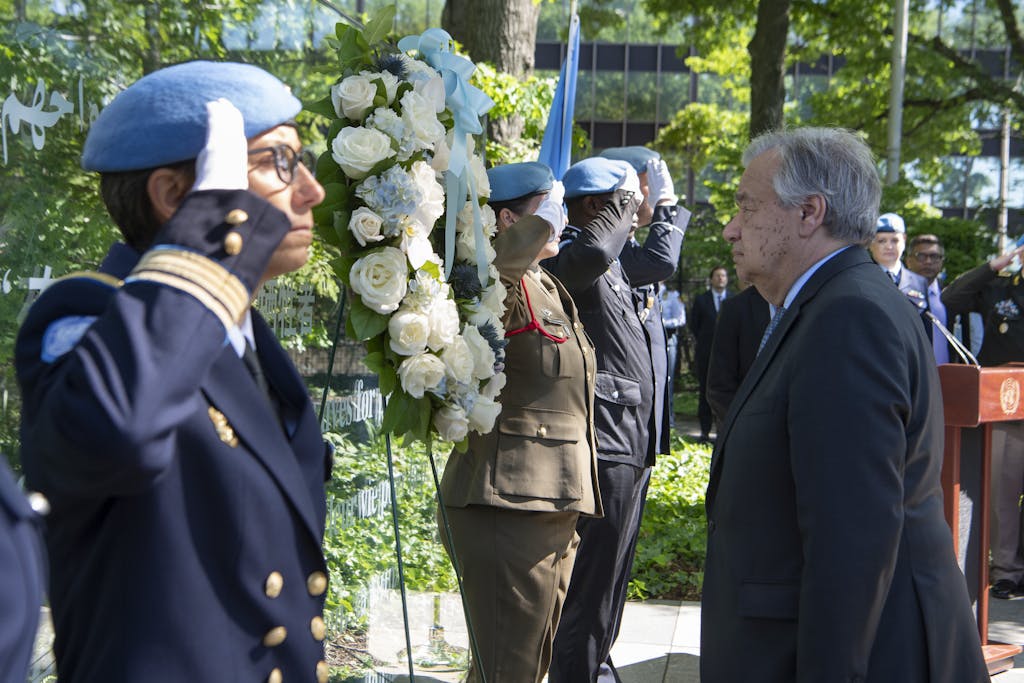
The reality for peacekeepers is that their missions are challenging, gritty, and cannot be achieved overnight. Each mission is unique in every conflict. In the Central African Republic, peacekeepers prevented mass atrocities. In Lebanon, UN peacekeepers are maintaining a fragile stability between their host country and its neighbor to the south, Israel. In Haiti, they’re strengthening the rule of law.
These “Blue Helmets,” as they’re often referred to, hail from nations large and small, rich and poor, including several dozen from the United States. They’re people like Ken Payumo, a former New York City police officer, lawyer, and volunteer firefighter I met a few years ago when he visited lawmakers in Washington, D.C. He was serving in a small town called Bor in South Sudan when government forces surrounded his base and demanded to be let in, so they could search for members of the opposition. He courageously refused, and saved thousands of lives as a result.
I recently testified before Congress about why American citizens should allow their hard-earned tax dollars to support global peacekeeping efforts. There’s the simple math behind this investment: For less than the city of Chicago’s operating budget, UN peacekeepers are protecting more than 100 million people worldwide. American financial support for these efforts amounts to just 1% of the total U.S. military budget. At the same time, the U.S. Government Accountability Office has found that it’s eight times less expensive to support a UN peacekeeping mission than to deploy U.S. military forces alone.
And then there’s the broader moral and humanitarian argument that the lives of the forgotten and most vulnerable matter. Supporting peacekeepers means believing that peace and stability and a sense of normalcy can and should be restored even after the most horrific atrocities. It means understanding that communities everywhere — especially those still recovering from the trauma of war or natural disaster — deserve better. It means recognizing that global security is the most crucial prerequisite for global progress.
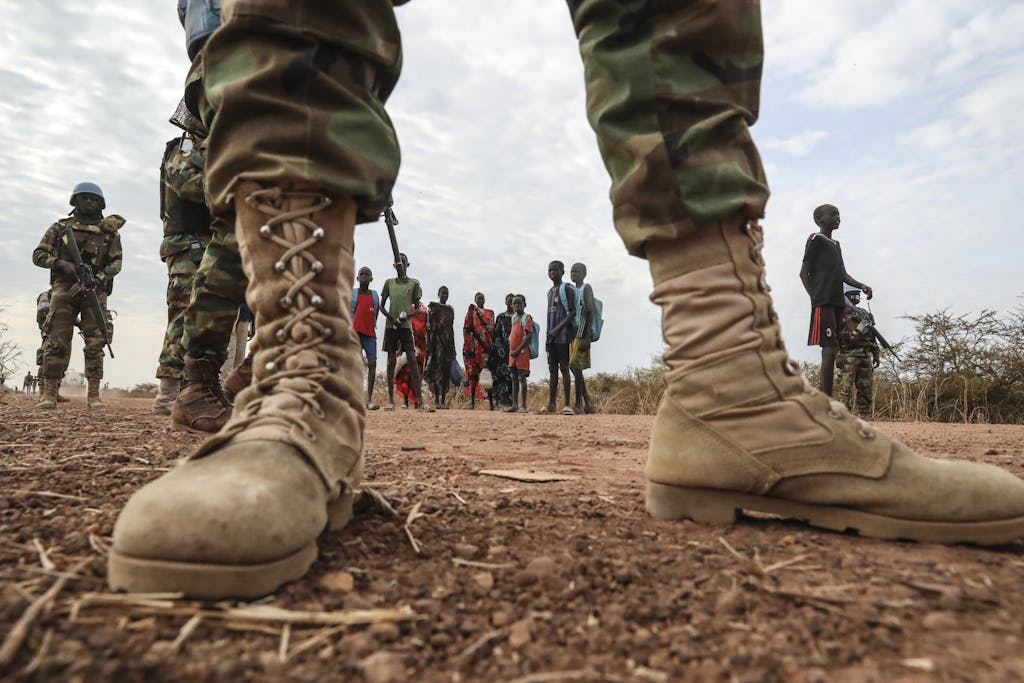
Without peace, we can never achieve a future free from poverty, hunger and inequality — those same ambitious ideals laid out in the Sustainable Development Goals adopted by 193 countries at the UN nearly five years ago.
Growing up as a child of immigrants, I saw great inequality and poverty through my many visits to India. And living in an Irish Catholic neighborhood in Boston as a child, I heard stories about the “troubles” in Northern Ireland, the bloody and centuries-long feud between Catholics and Protestants. During college, I had the opportunity to study in Northern Ireland and witnessed how these tensions still exist to this day.
Later, at George Mason University, where I received a master’s degree in peace operations, I learned from my professors and peers who had served in countries still recovering from war about what it takes to rebuild societies after years of death and destruction. In my program, I met veterans returning from Iraq and Afghanistan who understood the strengths — and shortcomings — of traditional military operations and the value of the United Nations. They emphasized that winning hearts and minds is not a military operation, and is critical to sustainable peace. UN Peacekeepers help bring stability, facilitate humanitarian assistance, support democratic institutions, and help bring a sense of normalcy in fragile areas where conflict has sowed sometimes for generations.
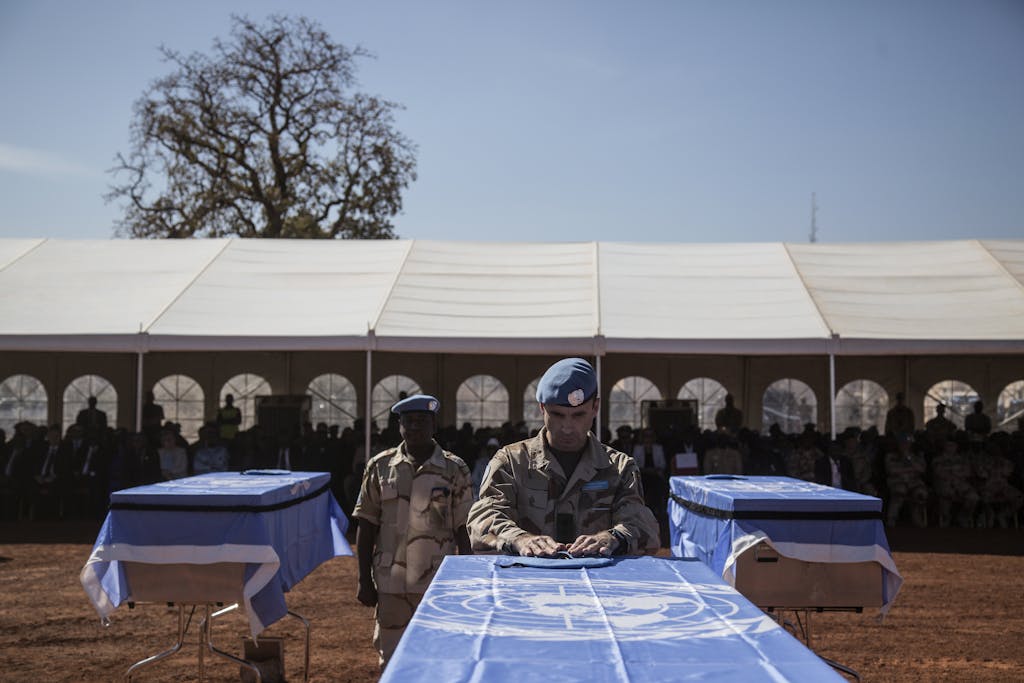
My experiences have taught me that peace is much more than just the absence of violence. Peace rests on a foundation of social cohesion, a trustworthy government, reliable infrastructure, education for children, opportunities for youth, and a sense of security.
UN peacekeepers are sacrificing their lives to meet and protect these fundamental needs every day. I am proud and honored to advocate on behalf of UN Peacekeepers, knowing that for many of the most vulnerable populations in forgotten conflicts they remain a symbol of safety and hope.
Chandrima Das is the Peacekeeping Policy Director at the Better World Campaign, a nonpartisan organization that works to strengthen the relationship between the United States and the United Nations through outreach, communications, and advocacy.

